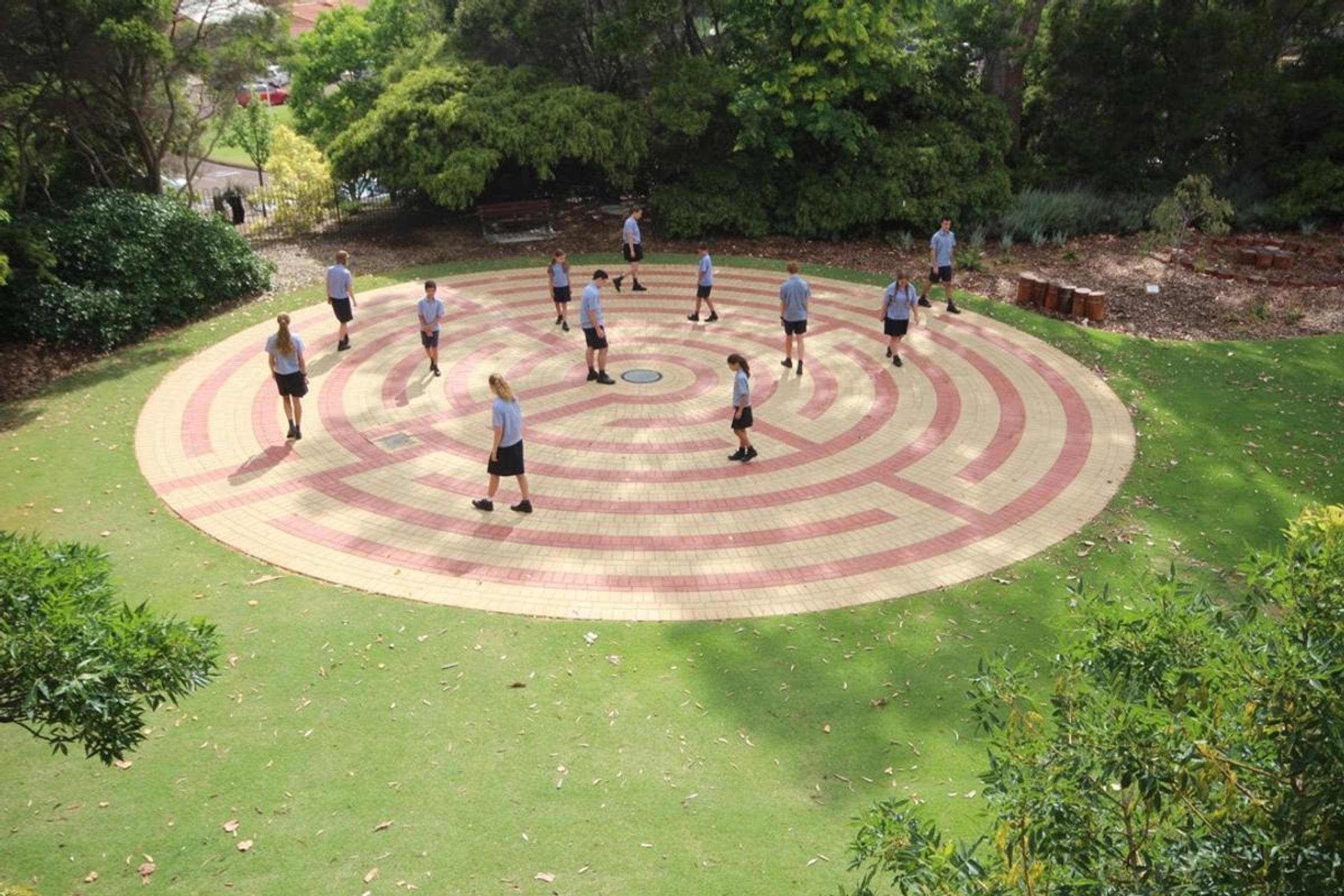Liturgy

Community Liturgy
Next Friday our new Student Representative Council will prepare the Community Mass. All students, families and friends, whether in Primary or Secondary, are welcome to this celebration of the Eucharist.
Community Liturgy summary
- Where: College Chapel
- Time: 8:00am – 8:30am
- When: every Friday in term time
GOOD NEWS for 30th Sunday in Ordinary Time
Luke 18: 9-10
The reflection for this Sunday’s Gospel is part of a longer homily by Jesuit priest, Fr Richard Leonard. Fr Richard Leonard SJ is the Director of the Australian Catholic Office for Film and Broadcasting, is a member of the Australian Catholic Media Council and is author of Preaching to the Converted, Paulist Press, New York, 2006.
…One of the pitfalls of personal success is the arrogance that sometimes comes with it. The Pharisee was, no doubt, a very good-living, devout man, but he made himself feel important by putting others down. He even did this in his prayer, reminding God of just how good he was in comparison to others. It’s a wonder he went to the Temple at all because he does not seem to need God. Like the multi-millionaire, he trusts too much in his own righteousness.
On the other hand, it is a wonder that the tax collector turned up at the Temple too, but for very different reasons. Tax collectors were despised in Palestine. They were Jewish functionaries used by the Roman occupying army to extort the ferocious Imperial taxes from the local community. No wonder he stays close to the back door of the Temple. He might have to beat a hasty retreat. But here he is in prayer recognising the brokenness of his life and his need for God. This tax collector becomes the model of right behaviour for Luke’s community.
There is nothing wrong with being devout and successful. Conversely, there are plenty of dangers in doing a job that demands constant moral compromises, like being a tax collector for the Romans. What Jesus notices is what the life situations of both these men do to them. Hence the social outcast’s humility shows up the haughty Pharisee.
For far too long we have thought humility meant putting ourselves down, pretending we were nobodies, worthy of nothing. This is not Christian humility. Being humble does not mean we hide or minimise our God-given gifts, talents or resources. It means we honour others by sharing them, enabling them to benefit from the goodness of God. Humility comes from the Latin word, humus, meaning ‘close to the earth’. The tax collector lived close to the earth and so he was open to conversion, to being lifted up by God. The Pharisee was so successful at being religious he was closed to it. He had altitude sickness from taking the high moral ground.
Most of us find ourselves in between these extremes. May our celebration of the Eucharist ground us enough that we open ourselves to being converted again to put all our gifts and talents at the service of Christ’s Kingdom.
© Richard Leonard SJ

